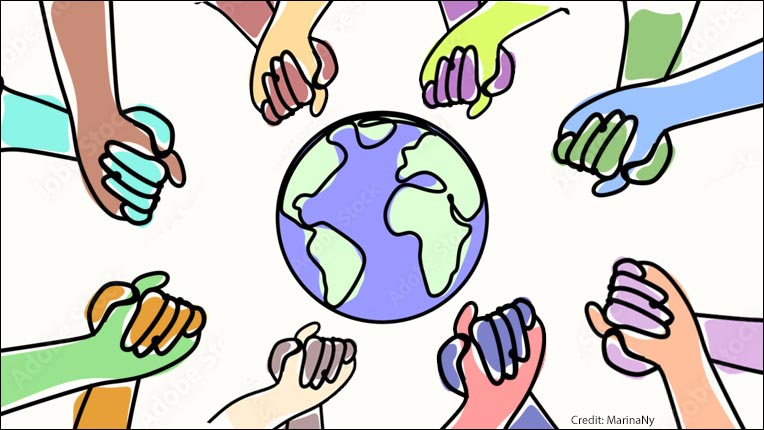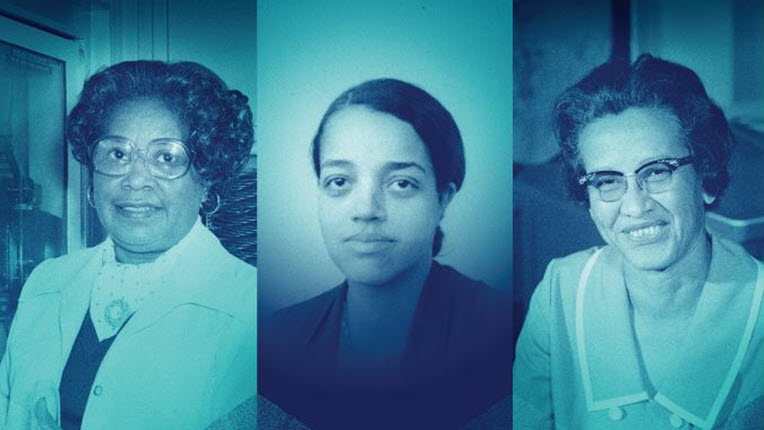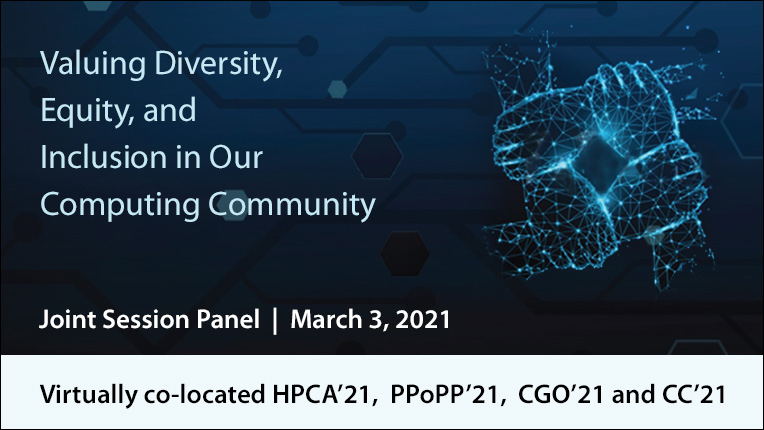DEI Articles in the Communications of the ACM
The ACM Diversity, Equity, and Inclusion Council is focused on enhancing the governance, programs, and activities to drive a more inclusive culture within ACM and the global computing community. Diversity, equity, and inclusion are pivotal in fostering an innovative and collaborative technological landscape for all. The DEI Council contributes DEI-related articles to Communications of the ACM (CACM) to provide insight into the diverse and nuanced perspectives associated with DEI in technology.
Mobilizing for Diversity in Award Recognition
Over the years, computing has progressed remarkably thanks to the contributions of individuals from diverse backgrounds who have incorporated their unique experiences and perspectives into technological advancements. Yet despite these significant contributions, award recognition for individuals from diverse backgrounds remains underrepresented. In "Science Needs You: Mobilizing for Diversity in Award Recognition," co-authors Elizabeth Novoa-Monsalve, David Patterson, Stephanie Ludi, and Daniel E. Acuna offer insights on how to create a more inclusive and equitable system of award recognition within the scientific community.
Increasing DEI Awareness: An Example from India
Co-authors Hemangee K. Kapoor and David A. Patterson reported on the reaction to a Diversity, Equity, and Inclusion workshop conducted at a computer science education conference in India. The workshop aimed to raise awareness of DEI topics and promote inclusion within the computer science industry. Audiences were provided analogies to better understand DEI and presented strategies to support and integrate DEI initiatives into the technology development. Read the authors' full report in the April 2024 Communications of the ACM issue.
An Analysis of Black Faculty in CS Research Departments
In "An Analysis of Black Faculty in CS Research Departments," Juan E. Gilbert, et al. thought it would be enlightening to do a case study on one marginalized group in the US in the hopes that the lessons learned could be helpful to other groups and in other regions. This particular case study is on the education origins of African-American faculty members in Computer Science (CS) at US universities. Learn about the results and the authors' conclusions in the February 2023 issue of Communications of the ACM.
Global Perspectives of Diversity, Equity, and Inclusion
DEI is now a globally-established concept—but what does that concept mean to around the globe? Here, several ACM luminaries who have lived on multiple continents briefly discuss how diversity, equity, and inclusion varies in their experience,. They also offer examples of how potentially marginalized communities—based possibly on race, ethnicity, gender, sexual orientation, physical ability, nationality, cultural background, religion, age, or other aspects—can be similar and how they can vary. Read the Viewpoint article in the December 2022 issue of Communications of the ACM.
Words Matter
Language—it bonds people, societies, and countries. Yet at the same time it can be used (deliberately or not) to exclude or divide. The language we use shapes the way we see the world. But how can one navigate the ever-changing landscape of modern syntax? In "Words Matter," authors Juan E. Gilbert, Stephanie Ludi, David A. Patterson, and Lisa M. Smith offer examples of problematic jargon, give explanations of their difficulties, and suggest alternatives. It is with this more careful communication that computing can be more equitable and inclusive. Read their Viewpoint article in the July 2022 issue of Communications of the ACM.
The Lives of Hidden Figures
Every computing student deserves a chance to see themselves in computing, irrespective of demographics, interests, or socioeconomic status. Real-life stories of people finding success after repeated setbacks help students see how and why they persevere. In her article, “The Lives of Hidden Figures Matter in Computer Science Education,” Tiffani Williams, co-chair of ACM's Standing Committee on Systemic Change, provides examples of how computer science educators can incorporate stories of struggle and growth into the classroom and make CS more welcoming for everyone. Read her Viewpoint article in the February 2022 issue of Communications of the ACM.
Valuing Diversity, Equity, and Inclusion in the Computing Community
"Valuing Diversity, Equity, and Inclusion in the Computing Community," serve as a recap article of the virtual conference of the same name. "Valuing Diversity, Equity, and Inclusion in the Computing Community," was a panel hosted and moderated by ACM Fellow Timothy Pinkston. The panel included John Hennessey, David Patterson, Natalie Enright Jerger, Margaret Martonosi, Bill Dally, and Kim Hazelwood. The Communications of the ACM article covered important topics discussed during the panel on how to better support DEI initiatives in the computing industry on a education, professional, and governmental level..





